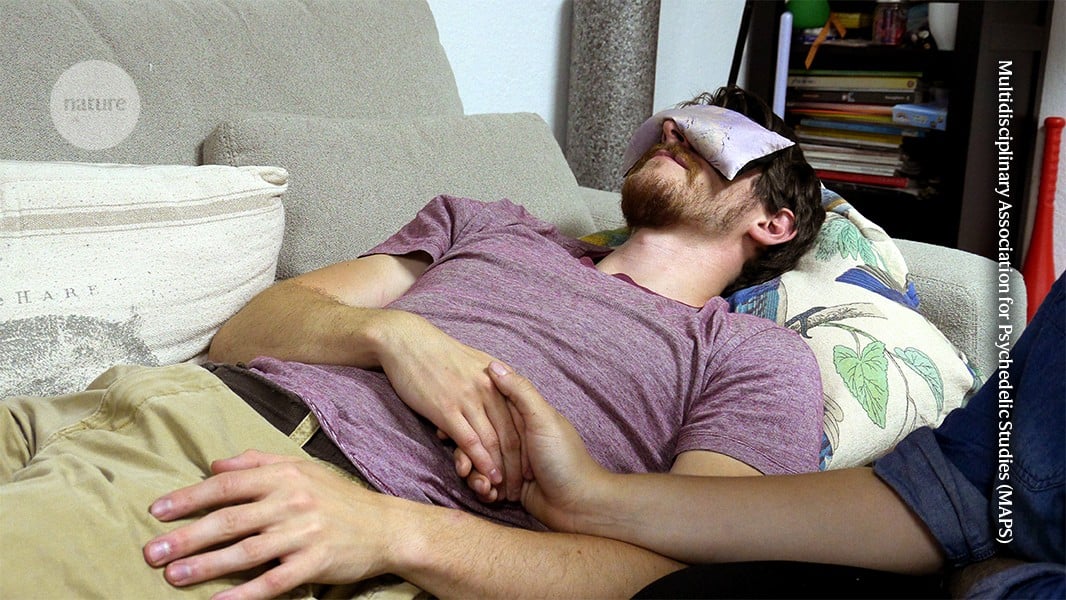- cross-posted to:
- [email protected]
- cross-posted to:
- [email protected]
But Marks points out that the FDA typically follows the advice of its independent advisory committees — and the one that evaluated MDMA in June overwhelmingly voted against approving the drug, citing problems with clinical trial design that the advisers felt made it difficult to determine the drug’s safety and efficacy. One concern was about the difficulty of conducting a true placebo-controlled study with a hallucinogen: around 90% of the participants in Lykos’s trials guessed correctly whether they had received the drug or a placebo, and the expectation that MDMA should have an effect might have coloured their perception of whether it treated their symptoms.
Another concern was about Lykos’s strategy of administering the drug alongside psychotherapy. Rick Doblin, founder of the Multidisciplinary Association for Psychedelic Studies (MAPS), the non-profit organization that created Lykos, has said that he thinks the drug’s effects are inseparable from guided therapy. MDMA is thought to help people with PTSD be more receptive and open to revisiting traumatic events with a therapist. But because the FDA doesn’t regulate psychotherapy, the agency and advisory panel struggled to evaluate this claim. “It was an attempt to fit a square peg into a round hole,” Marks says.



So (to point #1) we can’t approve a psychedelic for medicinal use because we can’t fool people into thinking they took this psychedelic. Despite the evidence it’s helpful as a medicine.
Somehow that’s reminiscent of Nixon making pot a schedule I drug - highly dangerous - to prevent Democratic votes.